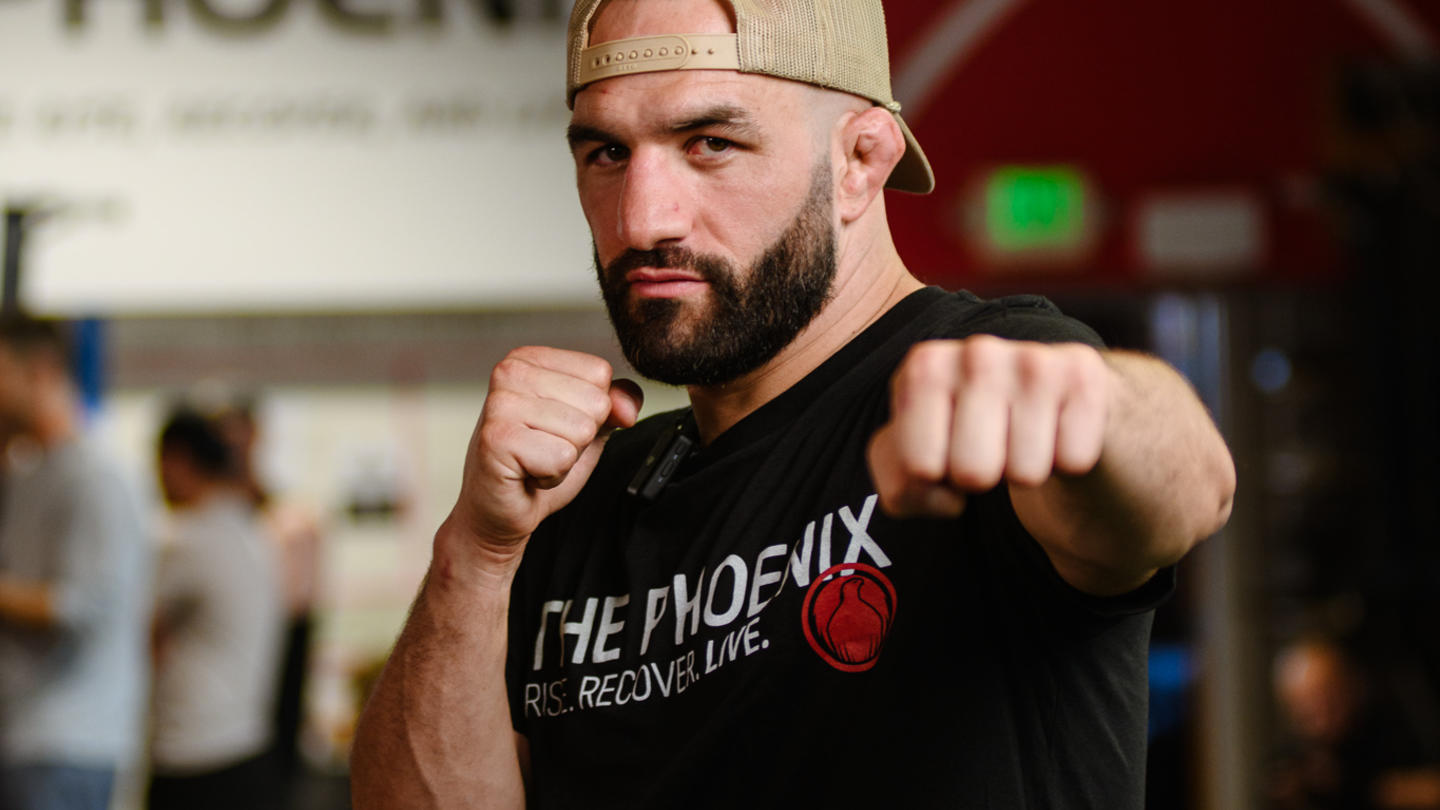By Tom Romeo – Associate Director, Charles Koch Foundation
A well-run public health system is essential to a properly functioning society in which every person is positioned to live a healthier and more meaningful life. The current centralized model in public health is not meeting this standard. COVID-19 exposed several flaws with this model, from failure to effectively roll out diagnostic devices to nationwide lockdowns that inflicted immense economic costs and failed to stop the spread of COVID-19.
We need a better approach that puts people and local communities first. The following principles should guide our country's public health policymaking strategy.
1. Humility
No policy can make a population healthy or prevent them from getting sick entirely. Consequently, public health must be about mitigating risk by assessing tradeoffs and equipping individuals with data that enable them to make the best decisions for their health and the health of loved ones.
Throughout the entire pandemic, many hospitals prevented terminal patients from seeing family members in their final moments regardless of infection status of the visitors. These policies assumed people are incapable of making decisions based on their own risk assessment, so decisions were made for them. The result was millions of Americans needlessly dying with no loved ones by their side. A better approach would be for public health authorities to empower individuals with meaningful, accurate information to make their own risk and tradeoff assessments.
2. Localism
We know that each community is unique. Centralizing decision making is therefore an inefficient way to address public health problems and assumes all populations behave the same and face the same set of challenges. Public health approaches must be tailored to the community's unique characteristics. Local institutions are best positioned to address the public health problems in their own communities.
In April 2020, New York City saw over 5,000 daily confirmed COVID-19 cases, while the entire state of Arizona saw an average of only 200. Yet in both locations the policy was the same: governments imposed shelter in place orders. When public health is centralized, local conditions become secondary to national health trends, and people suffer as a result. A better strategy is to tailor policymaking to the unique conditions each region faces to empower local decision makers to solve problems for their communities.
3. Innovation
While some aspects of public health are clearly within the auspices for government (water sanitation, sewage systems etc.), private sector action is best suited to drive an innovative system that provides the conditions for better health for more people.
One of the biggest public health issues facing our country is substance use disorder, which impacts over 40 million Americans. The status quo in treatment options is failing to meet the demand for these services. However, solutions that have emerged from communities are disrupting this through addiction recovery models built on connection, community, and a nurturing environment. An organization called the Phoenix provides a sober active community made up of people in recovery and their loved ones, using the power of connection to support each other in overcoming addiction and is not built on status quo thinking. We need a public health system that encourages innovative solutions to meet the demand driven by chronic conditions.
4. Let Data Lead
Public health policy must be driven by meaningful, accurate data. And because communities and public health challenges are dynamic – not static – public health data is ever changing. Consequently, our policies must be data driven and flexible enough to account for changing conditions on the ground. During emerging pandemics, much is unknown about the disease, so initial policies must be built on observation and hypotheses. However, as time goes on, these policies must be replaced by ones that are data driven.
When many experts advised schools to close in 2020, they had little data to inform that decision, only a prediction that COVID would spread rampantly in schools. When evidence to the contrary was presented, these policies and recommendations were slow to change. This inertia harmed millions of children across the country and disproportionally set back those in underserved populations. Public health policy that is responsive to data and evidence is positioned to avoid such blunders and provide the conditions for a more effective and precise response.
5. Open Inquiry
Open inquiry and free debate are essential for a properly functioning public health system, particularly in a time of crisis. People benefit when scientists are free to research, publish, and communicate their findings, especially when studies challenge status quo thinking. Silencing health researchers through various forms of censorship will not lead to a better health system and when government picks sides in a scientific debate, ideology trumps science and people lose.
Through leaked e-mails of government officials, the public learned of an active campaign to silence scientists who dissented from the prevailing view of our pandemic response. We saw academics fired for speaking out against school closures and mandates. The government's response to COVID-19 was disastrous for free debate and open inquiry. The future of public health needs to prioritize open discussion and civil disagreement to preserve the rights of scientists and to establish a better public health system for all Americans.
Learn more about Stand Together's health care reform efforts.


